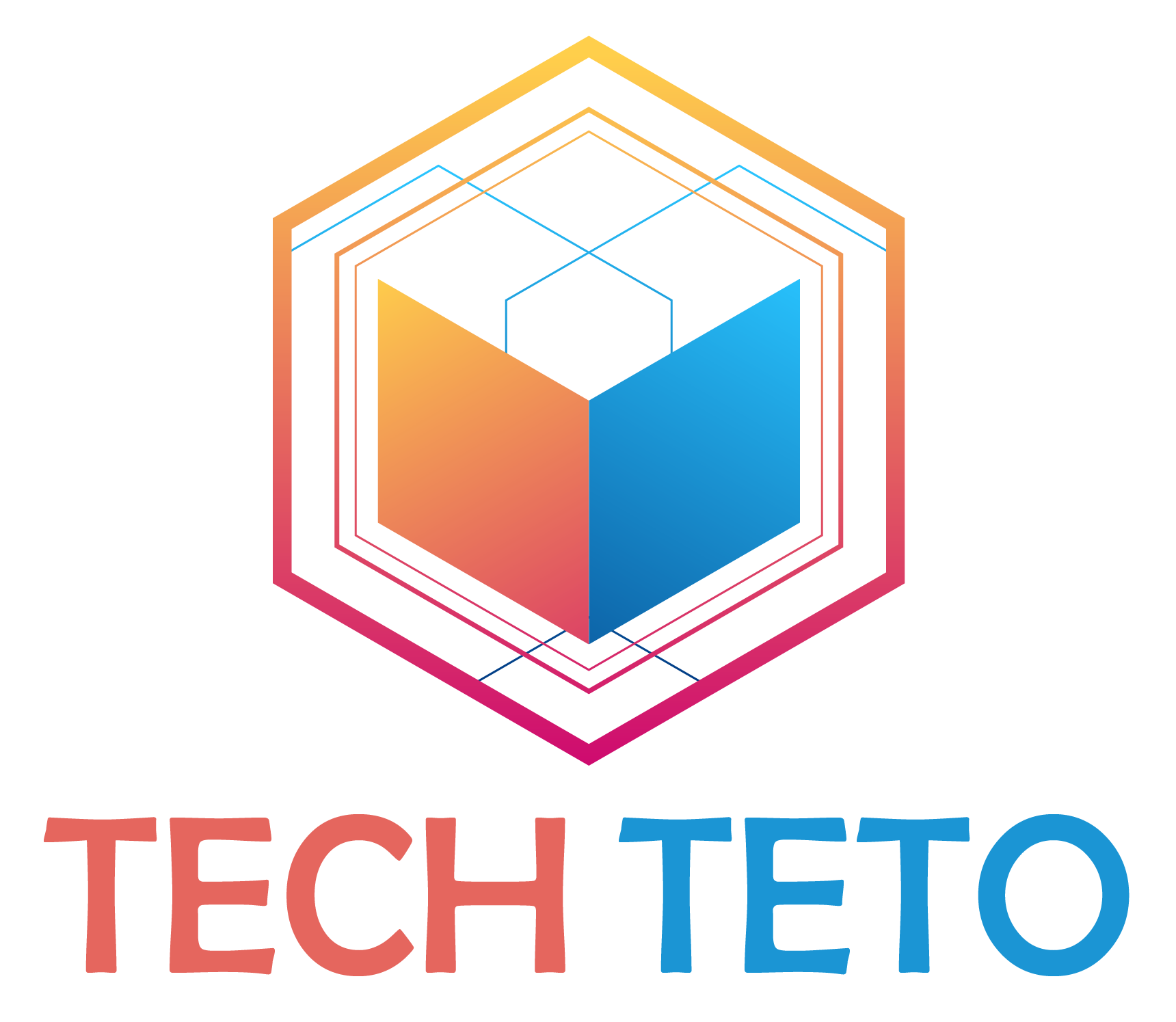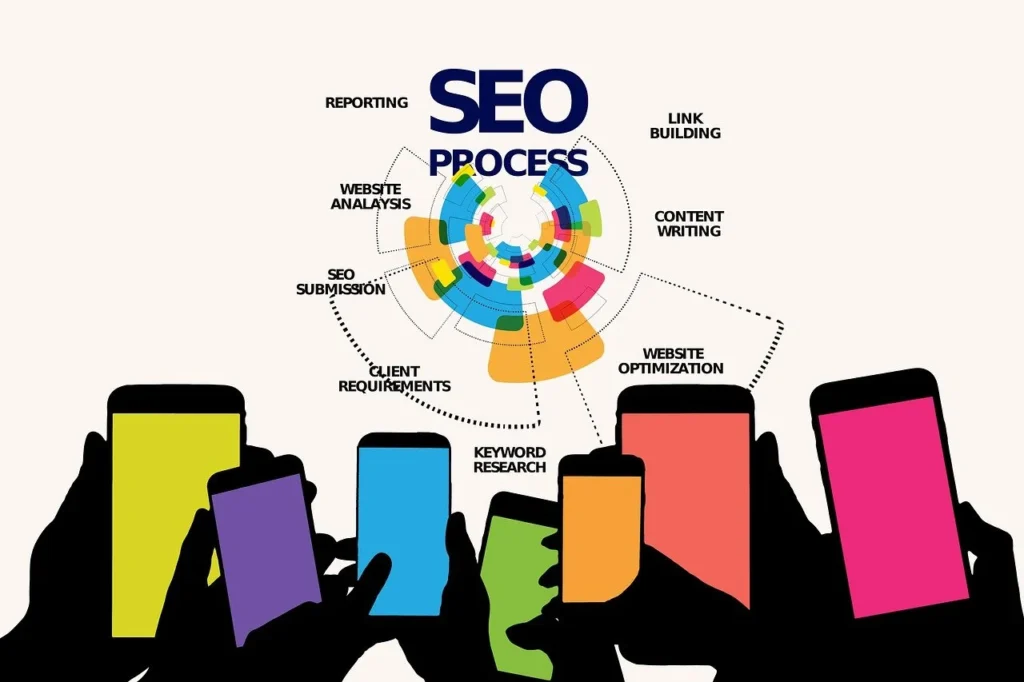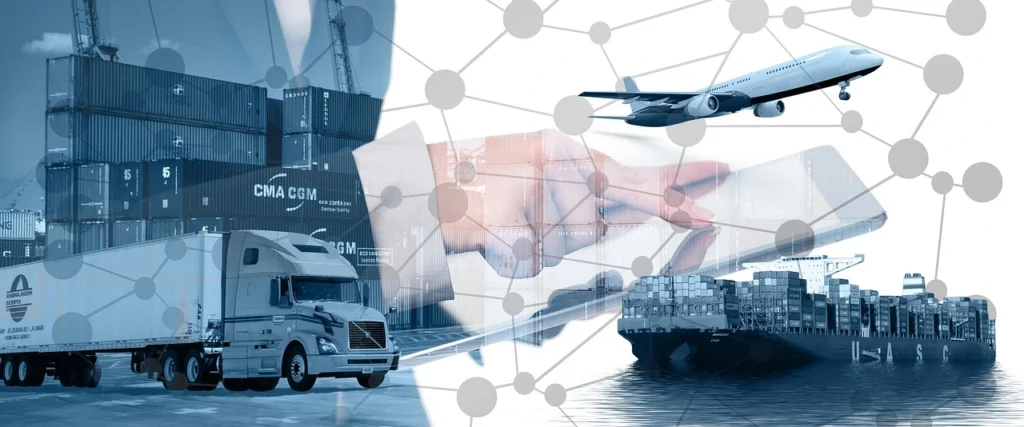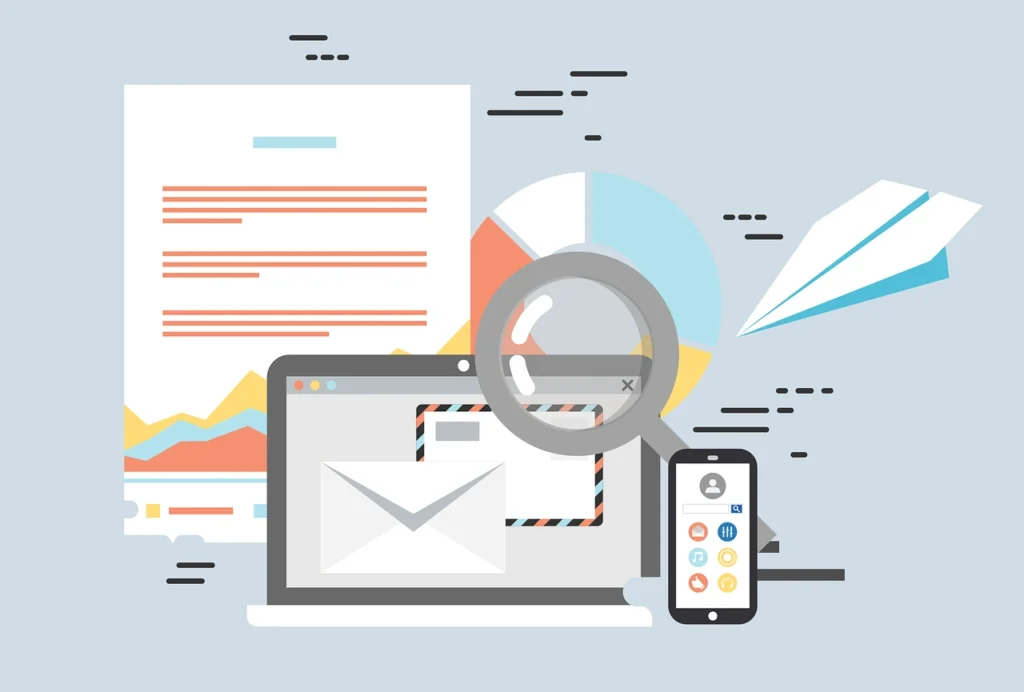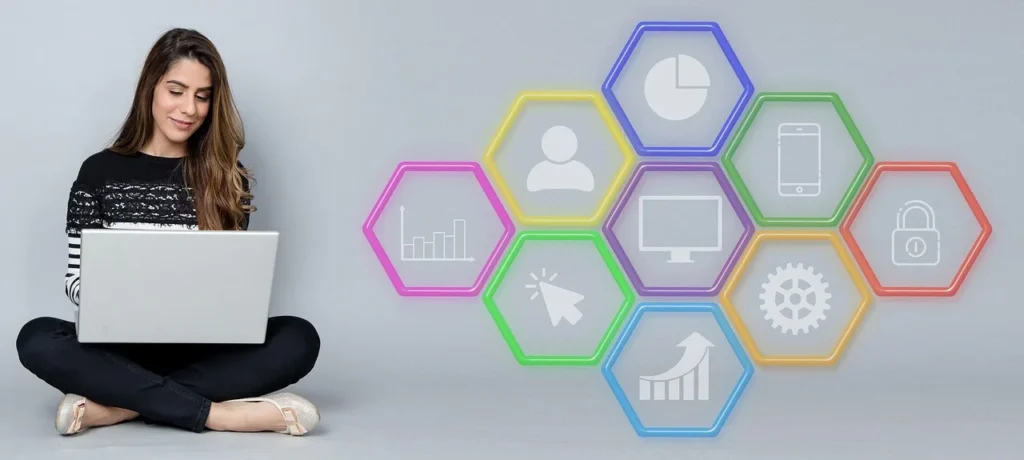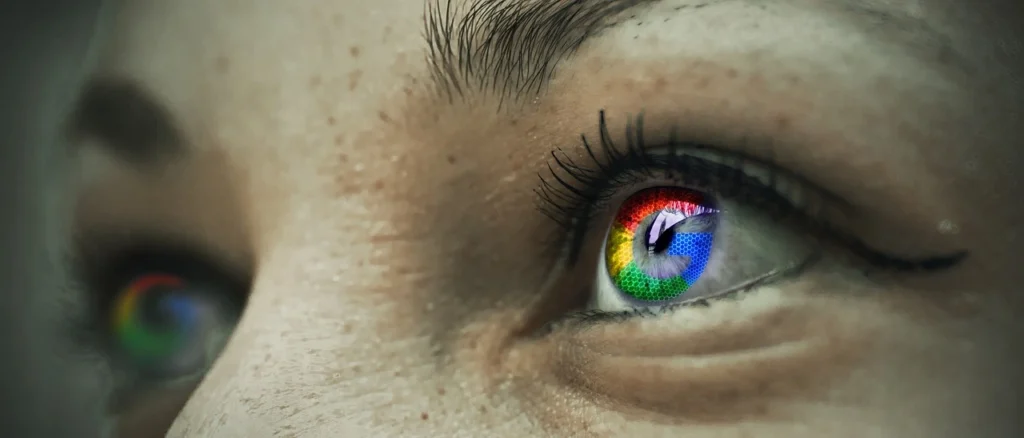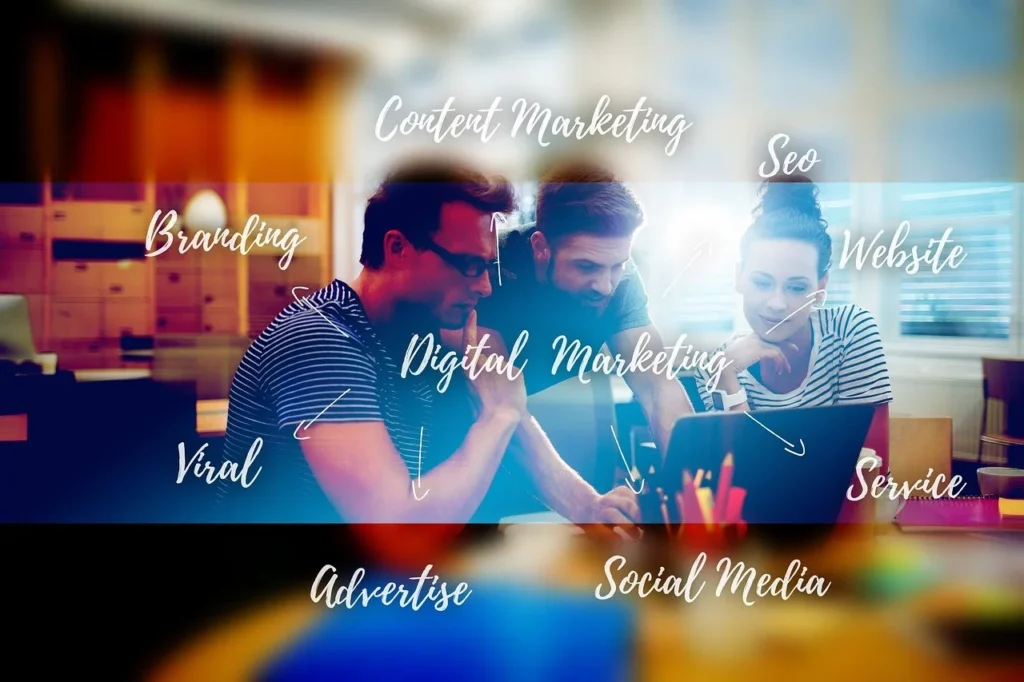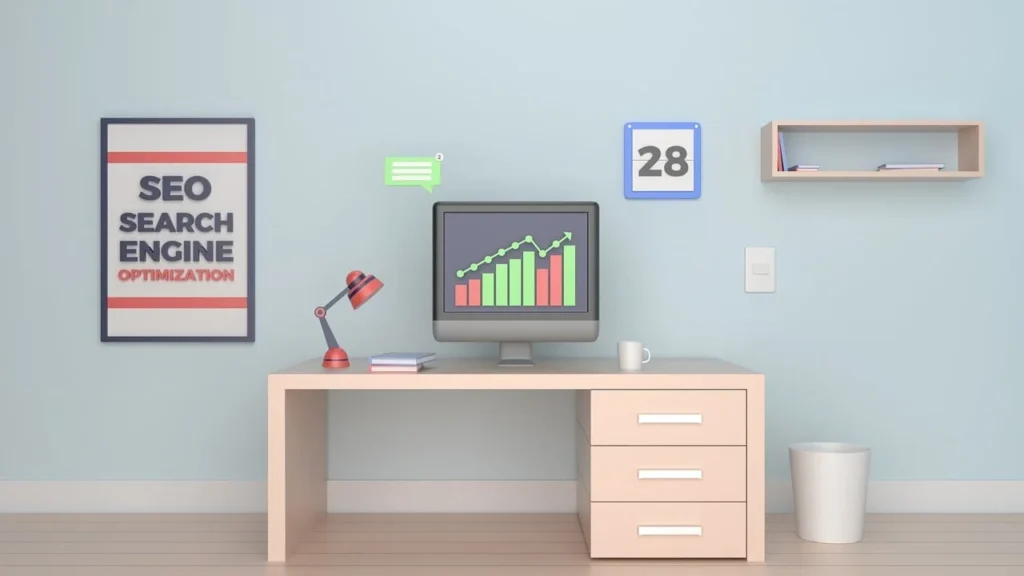Cybersecurity Seo
Cybersecurity firms have many problems staying on the Internet. They need a solid optimization strategy to…
Robot-eye SX-910
Overview People have many misconceptions about robot vision systems. One common belief is that adding a vision system…
Level-up Skill Bridge Cyber Security
What is Skill Bridge? How do I unlock a new career path? Skill Bridge allows service…
Optic media cybersecurity
(SECURE DIGITAL ASSETS IN THE AGE OF CONSTANT THREAT) Wireless connectivity has become a crude need…
Is Hardware Technology Important for Cybersecurity?
Cybersecurity is becoming very popular, as both industries and individuals are interested in data security. Technology…
Mining Augmented Reality
Over time, technology has progressed in different industries, like mining. Augmented reality is an evolving technology…
Cloud computing essentials unlock benefits
Organizations are swiftly shifting their business to cloud computing. It is a virtual toolkit that is…
augmented reality entertainment
What is Augmented Reality? Augmented reality (AR) integrates digital information with the real world. It can…
